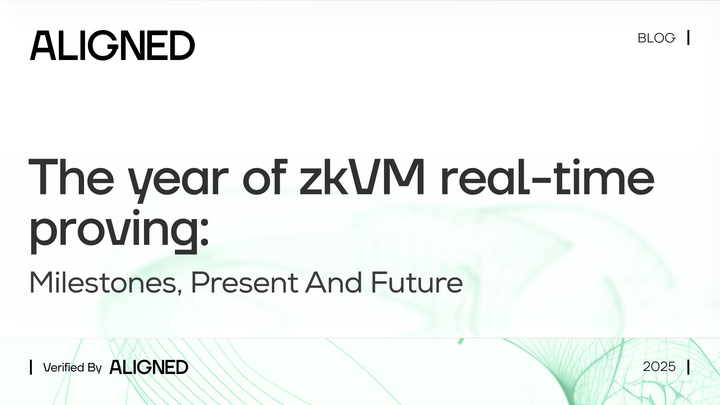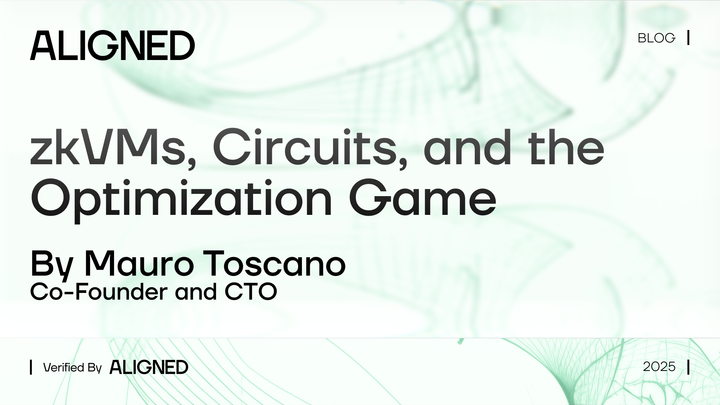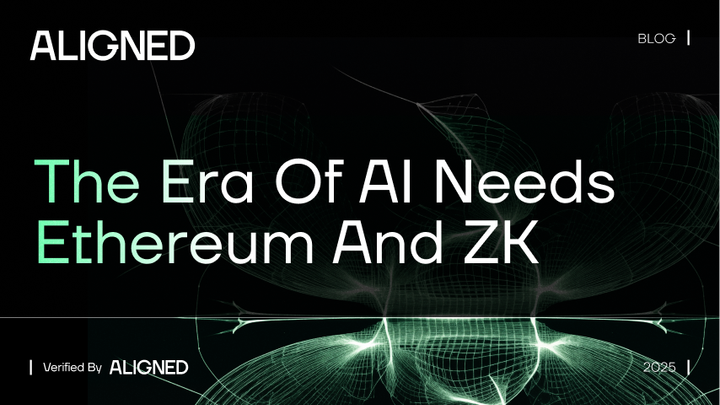Key Highlights from Google’s 2025 ZK & AI Summit
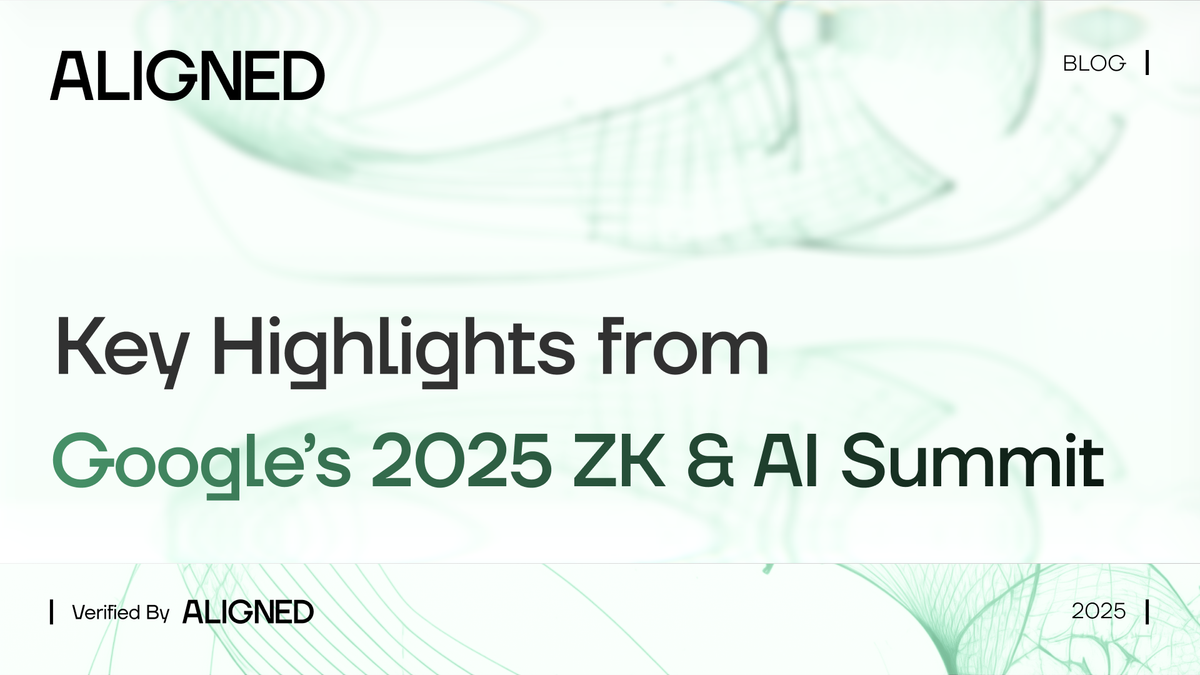
San Francisco might have been cold, but Google’s ZK & AI Summit was on fire. Researchers, engineers, and industry leaders came together to push zero-knowledge, identity, and AI closer to the core of tomorrow’s secure and scalable systems. Engineers and researchers dominated the summit, with fewer VCs, marking it as a deeply technical event.
Two of our co-founders, Diego Kingston (Head of Research) and Mauro Toscano (Head of Engineering) were in SF for Google’s AI & ZK Summit. This event was important in terms of showing how zero-knowledge and AI are converging into real-world applications.
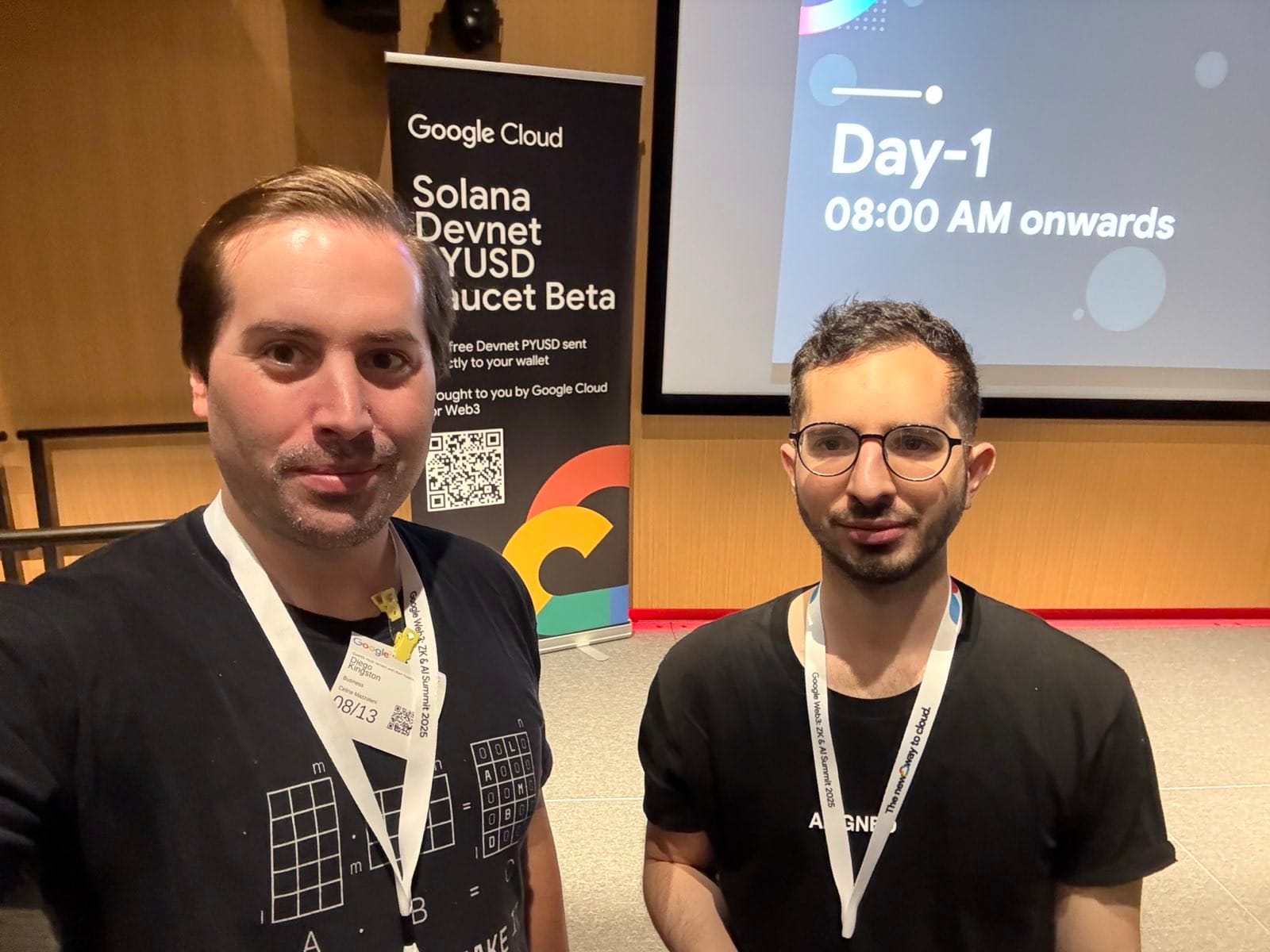
Here are the highlights that caught their eye:
Google Wallet and ZK Identity
One of the most discussed topics was Google Wallet’s integration of zero-knowledge proofs. The system allows users to prove facts (such as being over 18) without revealing unrelated private personal details. This approach could streamline KYC, reduce friction in online processes, and enhance security compared to today’s ID scans and uploads. Google’s proof system draws on ideas from Ligero and related research, and is already being piloted in several countries.
zkVMs and Real-Time Proving
Justin Drake ’s keynote on zero-knowledge virtual machines (zkVMs) electrified the audience. We’re seeing real-time proving of Ethereum blocks going from requiring 100 GPUs down to 36. Dan Boneh himself admitted he didn’t expect such quick progress. Advances in lookup arguments, efficient zkVM designs, and GPU acceleration have driven this leap.
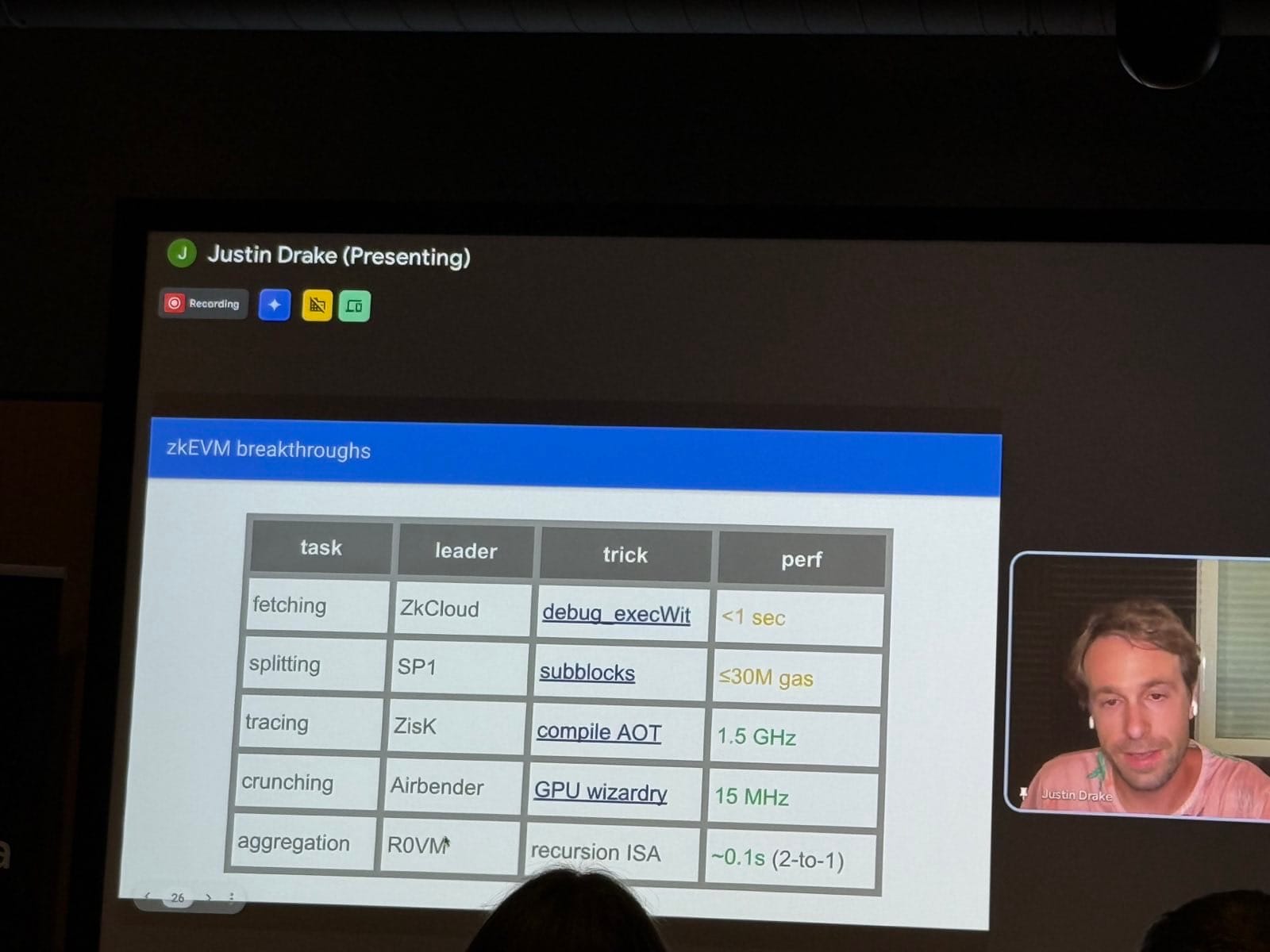
The challenge remains decentralization: to benefit Ethereum and beyond, real-time proving must eventually be possible on consumer hardware. While not yet feasible, ongoing work suggests steady improvements in both protocols and hardware acceleration.
Shifts in Cryptographic Assumptions
Dan Boneh reflected on the evolution of “cryptographic comfort zones”. Zero-knowledge proofs once faced skepticism due to reliance on the Random Oracle Model. Today, all ZK systems depend on it, showing how assumptions evolve into accepted standards over time.
AI x ZK Integration
AI was a strong parallel theme:
- Google researchers presented early proofs of training correctness in ML models.
- DeepMind explored the agent economy, showing how AI agents could generate new, high-quality datasets through competitive interactions—crucial as the “fossil fuel” of internet-scale data runs dry.
- The prediction: AI will dominate well-defined domains like math and computer science first, where rules are fixed and data is structured.
Privacy, UX, and High-Performance Proofs
Talks also focused on balancing privacy with user experience in proof generation, improving arithmetizations for zkVM efficiency, and leveraging GPU-level optimizations. Nvidia is already adding specialized instructions for ZK primitives, echoing how CPUs once integrated cryptography-friendly instructions.
Cross-Chain ZK Adoption
Attendance revealed broad interest across ecosystems:
- Cardano is pursuing lattice-based proof systems.
- Efforts are underway to integrate Bitcoin, with discussions on BitVM3 and garbled circuits, enabling L2 and DeFi use cases.
Final Takeaway
Google’s ZK & AI Summit showed that:
- Identity is becoming one of the most important use cases for ZK, with Google recently open-sourcing their own ZKP libraries. Identity is also an important focus area for us at Aligned, and we recently announced our partnership with @Sovra.io to help expand their Digital Identity Stack across Latin America and beyond, making digital identity practical, scalable, and resilient.
- zkVMs are moving toward real-time proving, though decentralization remains the hurdle.
- AI and ZK are converging, with proofs of ML processes and AI-driven data generation on the horizon. For more on this, check out our recent article that discusses some of the ways that AI and ZK intersect.
- The ecosystem at large (Ethereum, Bitcoin, Cardano, and beyond) is aligning around ZK as an essential building block.
For Google, the event was part product showcase, part thought leadership, and part signal: ZK is no longer theoretical. It’s practical, fast, and central to the future of both crypto and AI.

